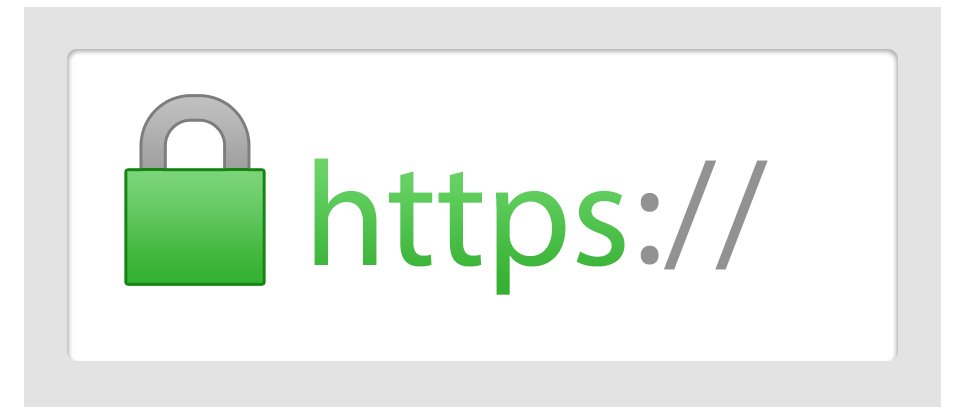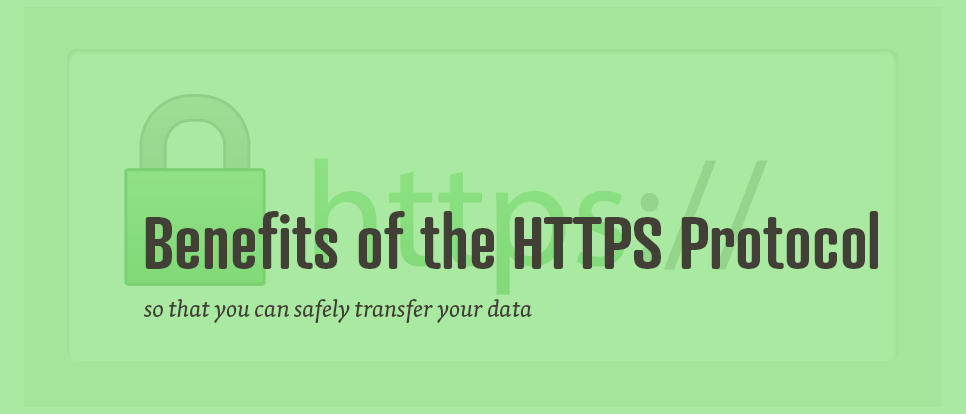Protect yourself even in the Online World
It's no secret that even the Internet can be a dangerous place. And same as you should be careful in the regular life about who do you share your personal information with, you need to be as careful even on the Internet.
And the problem doesn't only have to be with a public WiFi in a Cafe, school, or restaurant. If you're sending your personal information unencrypted across the World, it's like shouting it on a busy square. Anyone can hear it, copy it, and try to use it for a completely different things than just browsing through that website with cat pictures that you were trying to login to.
And because most of us use just one password for everything (because who the hell should remember all of them, right?), there is a big possibility that sooner or later, someone bad will get to your email and then to everything else, because you can usually reset your other passwords via your mail.
All this can be prevented with HTTPS (Hypertext Transfer Protocol Secure) - a protocol for secure communication between a web browser and a web server, and an extension of the network protocol HTTP (that you can always see at the start of a web address).

But what does HTTPS actually do?
- It offers an easily recognizable form of validation
You can see immediately if a website is or isn't on HTTPS. Whether because of the little green lock icon, a green bar, or simply because of the HTTPS shortcut in front of the specific web address. So if some website doesn't have this shortcut, you shouldn't give it any personal information. - It protects data even while it's transferred
It often happens that someone could put a form that doesn't belong there, to a website while data are being transferred, and an inexperienced user can easily fall for writing their password/credit card number or access to their Facebook, when they think they'll get something awesome and free for it. People are gullible, remember that and beware of that. - It provides privacy
Nobody knows what sites you visit and what you are doing on them. So if the server itself isn't attacked, there is no one who could turn your personal information against you or anyone else.
Do we have to use HTTPS all the time?
There is a big fight for this lately and it would be better for everyone if the HTTPS is used at as many places as possible (and at the end probably everywhere). Yes, it may not be as crucial on a weather forecast, but it is certainly a good idea on an online shop or other sites where you fill out your contact address and other info.
HTTPS is also key for signing up - so that noone could be able to discover your password and try to use it elswhere. Because a lot of people already found out that this really could happened. And it was not a fun experience.
HTTPS Activation
For the HTTPS activation on your website, please contact our customer support. The price of this service depends on the individual verification stages and compatibility with older devices (Windows XP, Internet Explorer 8, Android 2).
The cheapest certificate for one domain is available even for free through some of the SSL certificate providers that offer them with no charges (for example etsencrypt.org), but in a case of more specific websites on multiple domains, we are talking about $50-100. It basically depends on if you want to check a domain, a firm, e-mail address, or you want a higher safety guarantee of financial backstops. Our customer support will answer all your potential questions.



